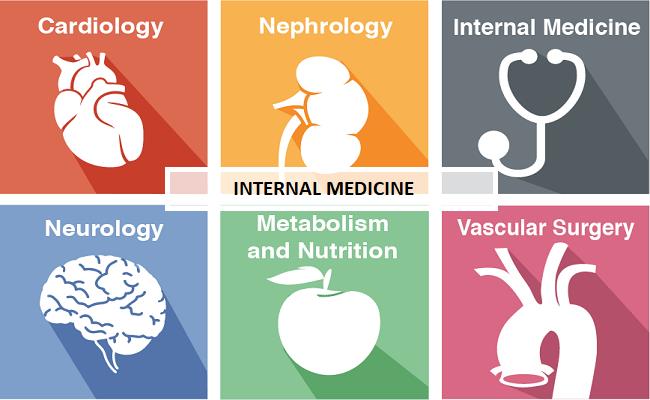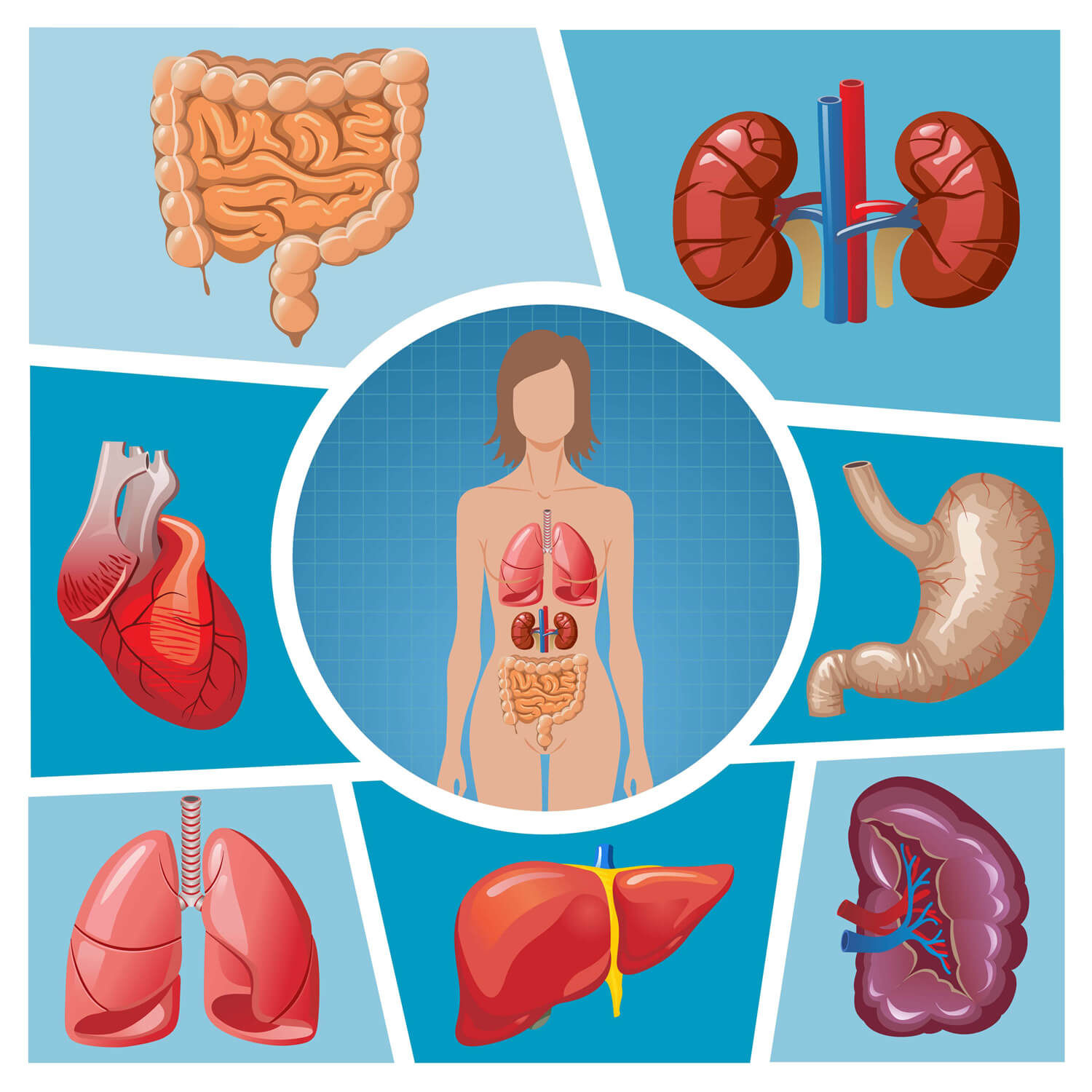Internal Medicine
Internal Medicine


The Internal Medicine Department of NIMS Hospital provides full care to hospitalized patients with a wide variety of illnesses in addition to comprehensive primary care services in an outpatient setting. The department is well-equipped with the newest technologies to treat both acute and chronic medical conditions, including joint discomfort, respiratory system infections, diabetes, and coronary disease. Board-Certified physicians of internal medicine, geriatrics, and pediatrics, nurses, medical assistants, and knowledgeable support personnel make up our expert healthcare team. The Department of Internal medicine doctors concentrate on providing multidisciplinary care to patients of all ages. To aid in a quick recovery, the team also offers the patients’ companions and themselves professional therapy and health education. The team collaborates with the other specialty divisions to perform intricate procedures and conduct a thorough evaluation of the patient’s state. Internal medicine specialists are adept at offering each patient individualized, efficient treatment along with follow-up visits to ensure full recovery.
What separates internal medicine from other medical specialties?
Family physicians and internal medicine physicians are frequently confused by the public; while internal medicine physicians occasionally handle children, family physicians treat them more frequently. Children make up between 10 and 15 percent of the people that family doctors see, according to the American College of Physicians. For their operations, internal physicians require both inpatient and outpatient facilities. Typically, internists work with grownups.
Medical Treatments
- Immunology and allergy (immune system)
- Heart Disease (heart and vascular system)
- Cardiology of Advanced Heart Failure and Transplantation
- Interventional cardiology
- Cardiovascular Electrophysiology in Clinical Practice
- Diabetes, endocrinology, and metabolism (diabetes and other glandular and metabolic disorders)
- Gastroenterology (gastrointestinal system, liver, and gall bladder)
- Hepatology after Transplant
- Hematology (blood)
- Infectious Illness (bacterial, viral, fungal, and parasitic infections)
- Nephrology (kidneys)
- Oncology (cancer)
- Respiratory Disease (lungs and respiratory system)
- Rheumatology (joints and musculoskeletal system)
FAQ
Adult diseases are the focus of the medical specialty of internal medicine, which concentrates on disease prevention, diagnosis, and treatment. . Internal medicine physicians, also known as internists, are trained to manage complex medical conditions and coordinate care between different medical specialists.
Internal Medicine physicians diagnose and treat a wide range of conditions, including but not limited to diabetes, hypertension, heart disease, kidney disease, lung disease, infectious diseases, autoimmune disorders, and cancer. They also provide preventative care services such as immunizations, cancer screenings, and lifestyle counseling.
When choosing an Internal Medicine physician, it's important to consider factors such as their training, experience, and communication style. You may want to ask for recommendations from friends or family members, or check online reviews to find a physician who is highly regarded by patients. It's also important to verify that the physician is board-certified by the American Board of Internal Medicine, which indicates that they have completed rigorous training and passed a comprehensive exam in Internal Medicine. Finally, you may want to schedule an initial consultation with the physician to get a sense of their approach to patient care and whether it aligns with your needs and preferences.

